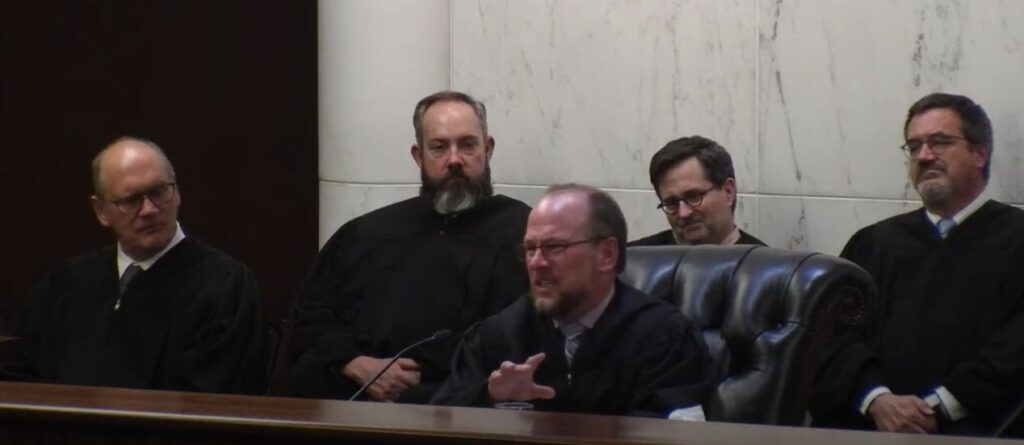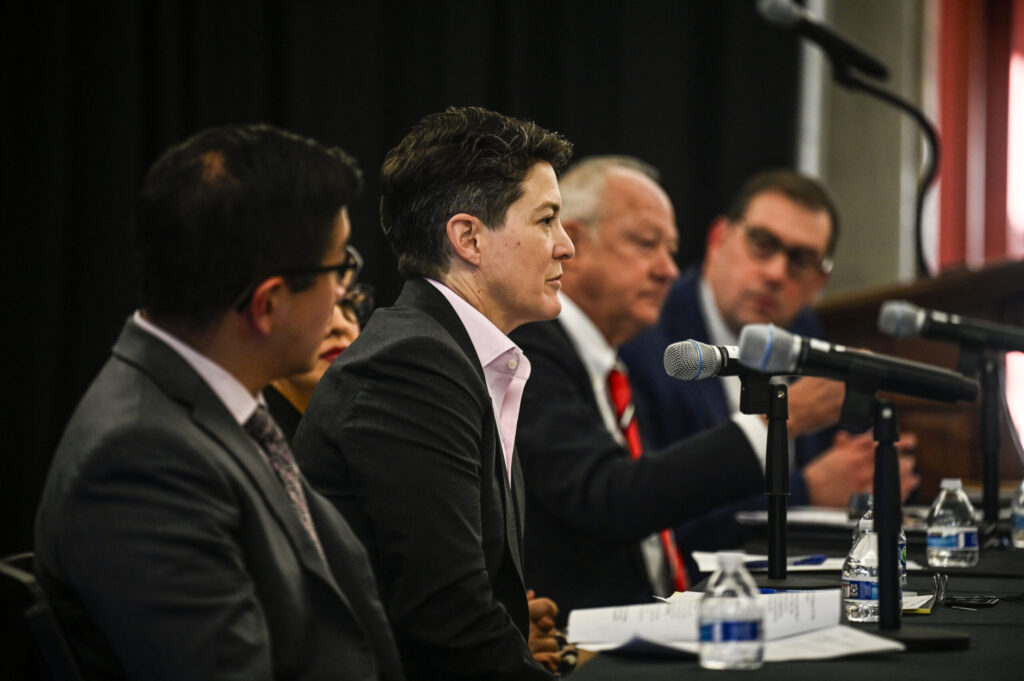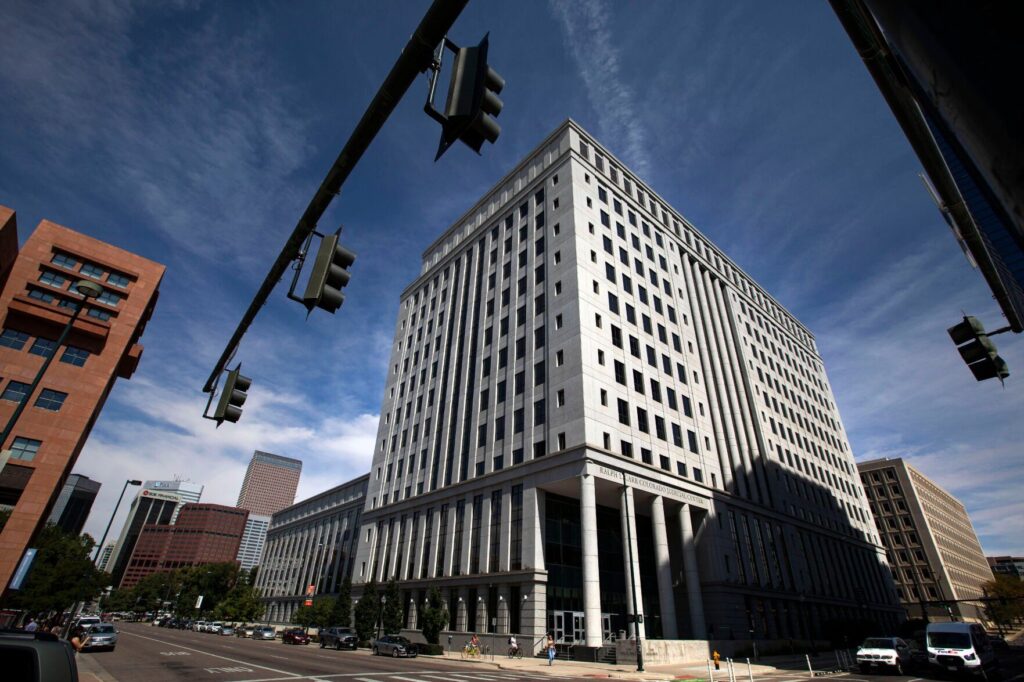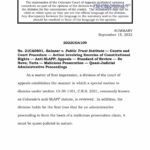Appeals panel rules against El Paso sheriff following Supreme Court decision

Six months after the Colorado Supreme Court decided El Paso County Sheriff Bill Elder could be sued for intentionally detaining a man for nearly four months after he posted bond, the state’s Court of Appeals also sided against Elder on an outstanding minor issue in the lawsuit.
A three-judge panel for the Court of Appeals addressed whether the harm to Saul Cisneros as a pretrial detainee arose from Elder’s “operation of a jail.” Colorado law provides blanket immunity to government officials in liability lawsuits, but there are exceptions that allow certain claims to proceed. One such exception enables detainees who are awaiting trial to sue for injuries resulting from the operation of a jail.
The sheriff claimed his detention authority was the real cause of Cisneros’ complaint, and not the operation of the jail itself. But the panel believed otherwise.
The “primary purpose of a jail is to confine, safely and effectively, persons charged with crimes and awaiting trial, or serving short sentences,” wrote Judge David J. Richman in the panel’s Sept. 15 opinion. “And there is no dispute that plaintiff was being held pending trial and had not been convicted.”
Cisneros sued Elder for false imprisonment after Cisneros’ daughter posted his bond, but the jail continued to detain him for nearly four months at the request of federal immigration authorities. Elder lost a motion to dismiss in El Paso County District Court, and he appealed to the Court of Appeals.
He prevailed there before a panel of appellate judges, who determined the governmental immunity law only permits pretrial detainees to sue for actions “due to negligence.” Because Elder intentionally held Cisneros in jail, the appellate panel’s two-member majority believed the sheriff’s actions made him immune from liability.
Richman, who dissented at the time, called that interpretation literal but illogical, and argued in favor of allowing the lawsuit to proceed.
Cisneros appealed to the Supreme Court, where the justices in March adopted Richman’s conclusions and revived the lawsuit. It returned to the Court of Appeals, where Richman, now writing for a unanimous panel, again rejected the sheriff’s remaining argument left unaddressed in the Supreme Court’s decision: Whether Cisneros’ prolonged detention was due to Elder’s operation of the jail.
“We hold that a sheriff’s determination not to release an inmate after the inmate has properly posted bond lies at the heart of the sheriff’s duties and is related to the purpose and operation of a jail,” Richman wrote.
The case now returns to District Court Judge Eric Bentley, whose original ruling from three years ago has now been upheld in its entirety. Since Cisneros’ detention, the governor signed a bill in 2019 that now bars state law enforcement officials from detaining people based solely on federal immigration warrants lacking a judge’s signature.
The case is Cisneros v. Elder.














